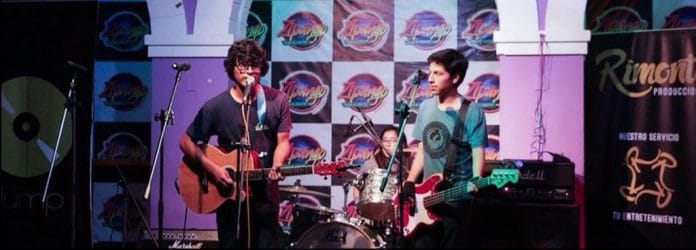The shutdown stems from a 2005 order — upheld this year by the SC — that requires places of public entertainment to seek licences if they wish to play music.
Bengaluru: Police have ordered the shutdown of 27 leisure joints in Bengaluru for playing live music without a licence as a 13-year-old law finally kicks in after being upheld by the Supreme Court in January.
Live music, as opposed to recorded songs, has emerged as a big draw in India, especially among millennials, with patrons often thronging joints to watch up and coming bands that alternate between performing cover versions and original content.
The shutdown directive stems from the Licensing and Controlling of Places of Public Entertainment (Bangalore City) Order, 2005, which was introduced to regulate places of public entertainment, especially those with music, be it a discotheque with a DJ, a cabaret joint, or just a restaurant playing live or recorded music. It mandates such joints to seek licences – apart from the operational ones – from police to play music.
The 27 joints shut down have been booked under Section 294 (sings, recites or utters any obscene song, ballad or words, in or near any public place) of the IPC, with notices issued to several others to apply for their licences.
“Whoever uses music, recorded or live, at any place, it would be termed a place of public entertainment,” Bengaluru police commissioner T. Suneel Kumar told ThePrint. “All of them will have to apply for licences with us… It is important to understand that these regulations have been put for the safety and security of people. “
So what is the issue?
The Supreme Court’s go-ahead for the licensing order, issued under the Karnataka Police Act, follows a 13-year legal battle that began when the Karnataka Live Band Restaurants Association challenged it in the high court in 2005.
The association had protested against its inclusion in the same group as places that play recorded music, and the exemption granted to showcase of folk art. Their case was based on the argument that the order was “arbitrary, unreasonable, harsh and unworkable”, a “violation of the fundamental right to freedom of trade and business”, and an “infringement of the right to equality”.
The plea came up before the Supreme Court this January, days after the December 2017 Kamala Mills tragedy triggered a flood of reports about lax respect for safety regulations among owners of eating and party establishments, where large crowds often gather unaware of the absent or inadequate evacuation strategy.
At least 14 people, including a woman celebrating her birthday, suffocated to death as a fire broke out at two resto-bars in the plush Mumbai area on 28 December.
The apex court cited the Kamala Mills inferno as well as Delhi’s Uphaar fire of 1997, in which 59 people died of suffocation inside an ill-conceived movie hall, to say the administration was fair in its bid to impose regulations..
A bench consisting of Justices R.K. Agrawal and A.M. Sapre referred to the need to protect “our society and morality”, and said it was important that these establishments adhered to police rules.
“It is the prime duty, rather statutory duty, of the police personnel/administration of every state to… give precedence to the safety and the morality of the people and the state. Indeed, both are important and lie at the heart of the doctrine that the welfare of an individual must yield to that of the community,” it added.
‘For safer Bengaluru’
T. Naveen Kumar pointed out how it was simply the non-compliance of rules that had caused the Kamala Mills fire. “There is a reason why the apex court upheld our order,” he added.
“We are not here to play spoilsport to the nightlife of Bengaluru. It is the other way round, we are ensuring you have a good time,” he added.
The order has also been pegged as a way to keep the city’s nightlife “clean”.
Police said its enforcement would ensure Bengaluru was safe from illegal activities such as flesh trade or other forms of trafficking – a reference perhaps to the alleged employment of trafficked women at dance bars.






